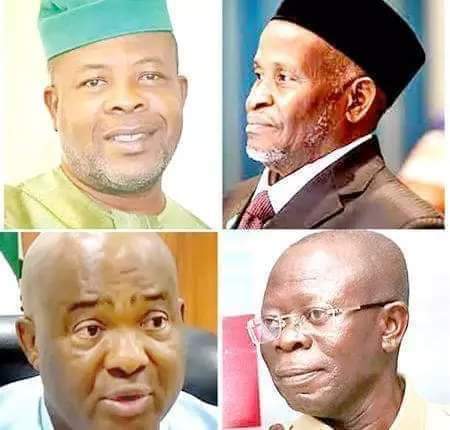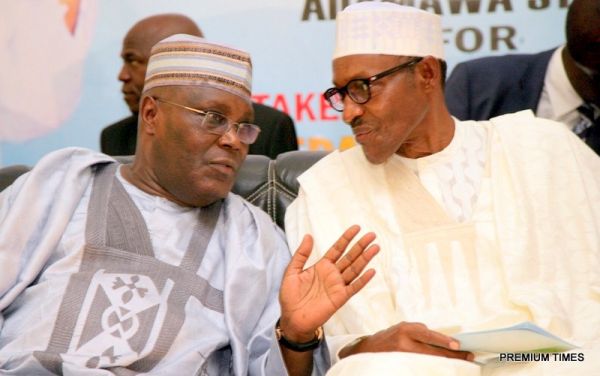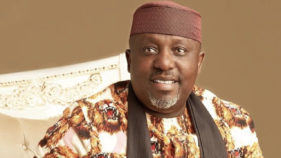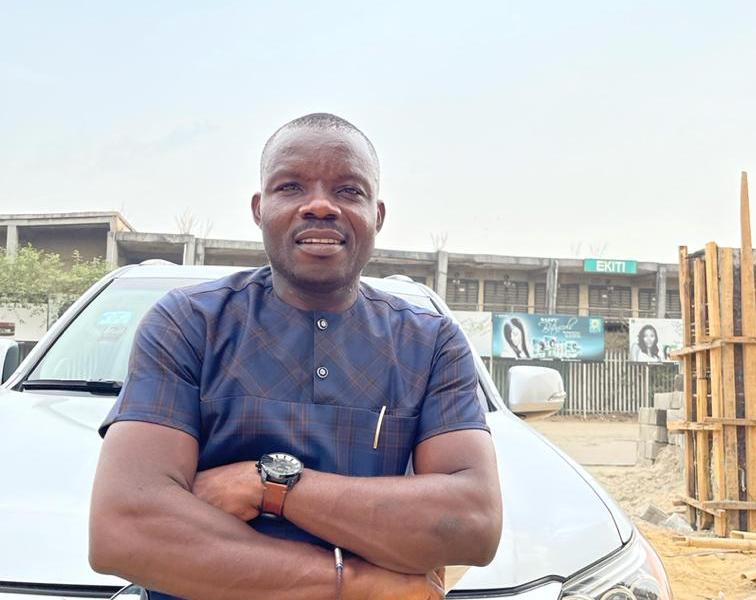By Prof. Tonnie Iredia
The removal of Emeka Ihedioha as governor of Imo state is certainly the most controversial judicial decision in recent times going by the enormity of negative reactions to it. This column was probably the first to argue that it is only a review of the decision that can remove the absurdities it created. Ihedioha has since approached the Apex Court for a review which the latter has graciously accepted to entertain. In other words, the matter is now appropriately before the Court with a date fixed for hearing. Unfortunately, Nigerian politicians have as usual turned it into a political contest by sponsoring protests for and against the development. On a daily basis since then, Nigerians have been treated to media trial of the case. By media trial here, we do not mean the direct initiatives of media professionals in the form of editorials, documentaries and opinionated reports, what we refer to here is the trend whereby media organs provide wide platforms to several partisan analysts to pass judgment on a case before a court.
With some of the analysts described as Lawyers and in some cases, Senior Advocates, our students must by now be wondering why those of us who teach the course, ‘Media Law and Ethics’ spend so much time instructing them on a so-called sanctity of a judicial process. They would easily recall the large list of items that we assured them cannot be recklessly commented upon in and out of the court room by anyone who does not want to be convicted of ‘Contempt of Court.’ No less than one politician was recorded to have verbally assaulted a judge in a scenario where slander is technically described as actionable per se- meaning a defamatory statement that does not require proof. There have been other cases such as that of a Supreme Court Justice that was singled out for attack in a unanimous judgment. All of these have no doubt heated up the polity to the extent that it is becoming dangerous to be a judge! If so, will the forthcoming review of the Imo governorship case be handled without fear or favour? If not, into what precisely have our political class turned our democracy particularly its segment on the rule of law?
Every well-meaning Nigerian should at this point deprecate the current trend whereby trial by the Judiciary – the societal institution set up for that purpose is gradually being substituted by media trial in breach of the due process of law. As if former Chief Justice Walter Onnoghen had a premonition that we were heading this way, he had warned everyone including lawyers in his 2018 New Year message to the media that people should stop taking advantage of media discussions to channel the minds of the public towards certain outcomes for court cases.
In Onnoghen’s words “we must not allow trial by newspaper or trial by television or trial by any medium other than the courts of law” rightly because trial is a word which is tied to the process of justice. It is because we did not heed his counsel, that both the Supreme Court and mere political analysts are all now reviewing the Imo case or indeed any case for that matter. In the circumstance, Nigeria is virtually heading to a system of trials without end. Already, we hear there are applications for the review of Zamfara, and Bayelsa cases by the ruling All Progressive Congress while the Peoples Democratic Party is warming up to seek a review of the Kano governorship case.
The point must however be made that the judiciary must strive to always serve us the justice of every case. It is not enough to caution people to accept the finality of the Supreme Court if decisions emanating from there are hard to understand. It is in fact difficult to agree with those who argue that the Supreme Court cannot take responsibility for the end result of the Imo case where the decision created the absurdity of more votes than voters. The judiciary ought to be interested in the logical consequence of its decisions. If a judgment ends with a mathematical error on the face of the record, it can never evoke public confidence, no matter its technical basis. This is perhaps one reason why the Imo case calls for review. And there are many more issues by the day as some political analysts tell us that during trial, neither the PDP and its candidate nor INEC objected to the claims of the new governor, Hope Uzodinma. Yet, the record at the tribunal, does not seem to show such acceptance or failure of rebuttal.
In earnest, so much needs to be clarified for the public. First, were Uzodinma’s controversial votes excluded or rejected or do those two terms mean same thing? What one gets from the lower courts is that the claim of excluded votes in 388 polling units was raised, discussed and rejected and not merely excluded. We hear neither Uzodinma himself nor his witnesses were able to read the results he claimed were excluded. INEC, we also hear made the point succinctly, that the votes were fake as their source was unknown to the electoral body; just as her officials did not sign them as they did with other results. Yet, there are analysts saying the results were signed! So, who signed them and to which organization do such signatories belong? The public needs to know if these questions were answered or not in the court below.
Then, there is the issue of the police officer who tendered results of the controversial votes which the Supreme Court accepted. There is nothing wrong with the acceptance of such presentation by a police officer who should ordinarily be impartial. The argument that the Court was in order or not in order to have dispensed with the officer proving the validity of votes in each unit is our view not the issue at stake. The real problem is that the police operative who in this case was a kind of expert reportedly did not present results for all the 388 units because he merely brought what he found; yet, results from all the units were allegedly accepted. Who then presented the balance? If the Supreme Court does a review, this is another area it should endeavour to cover.
Another issue that cannot be overlooked is the argument that the candidate of the APC in the election was not Hope Uzodinma but one Uche Nwosu. This fact was made known through the judgment of the same Supreme Court in another case in which the Court determined that the said Uche Nwosu was the bonafide candidate of the APC. Is it not strange therefore that the same court declared another person as winner of the same election on the platform of the same political party? A review that clears all these issues will put a halt to the ongoing media trial and restore public confidence in the judiciary.
*Prof Iredia, lecturer and senior media fellow in Nigeria, wrote in from Benin City.









